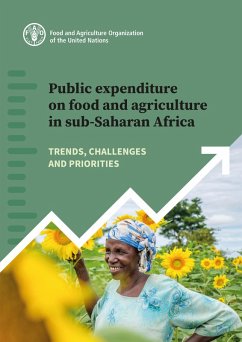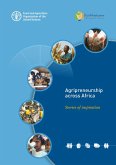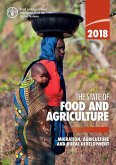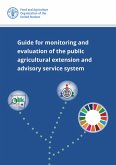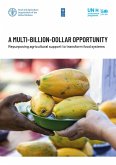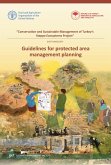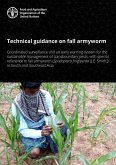Monitoring and analysing food and agriculture policies and their effects is crucial to support decision makers in developing countries to shape better policies that drive agricultural and food systems transformation. This report is a technical analysis of government spending data on food and agriculture during 2004-2018 in 13 sub-Saharan African countries - Benin, Burkina Faso, Burundi, Ethiopia, Ghana, Kenya, Malawi, Mali, Mozambique, Rwanda, Senegal, Uganda and the United Republic of Tanzania. It analyses the level of public expenditure, including budget execution, source of funding and decentralized spending, as well as the composition of expenditure, including on producer or consumer support, research and development, infrastructure and more to reveal the trends and challenges that countries are facing. It also delves into the relationship between the composition of public expenditure and agricultural performance. As a way forward for future policymaking, the report offers a set of recommendations to strengthen policy monitoring systems and data generation for effective public investments in food and agriculture. The report is produced by the Monitoring and Analysing Food and Agricultural Policies (MAFAP) programme at FAO in collaboration with MAFAP country partners.
Dieser Download kann aus rechtlichen Gründen nur mit Rechnungsadresse in A, B, CY, CZ, D, DK, EW, E, FIN, F, GR, H, IRL, I, LT, L, LR, M, NL, PL, P, R, S, SLO, SK ausgeliefert werden.

